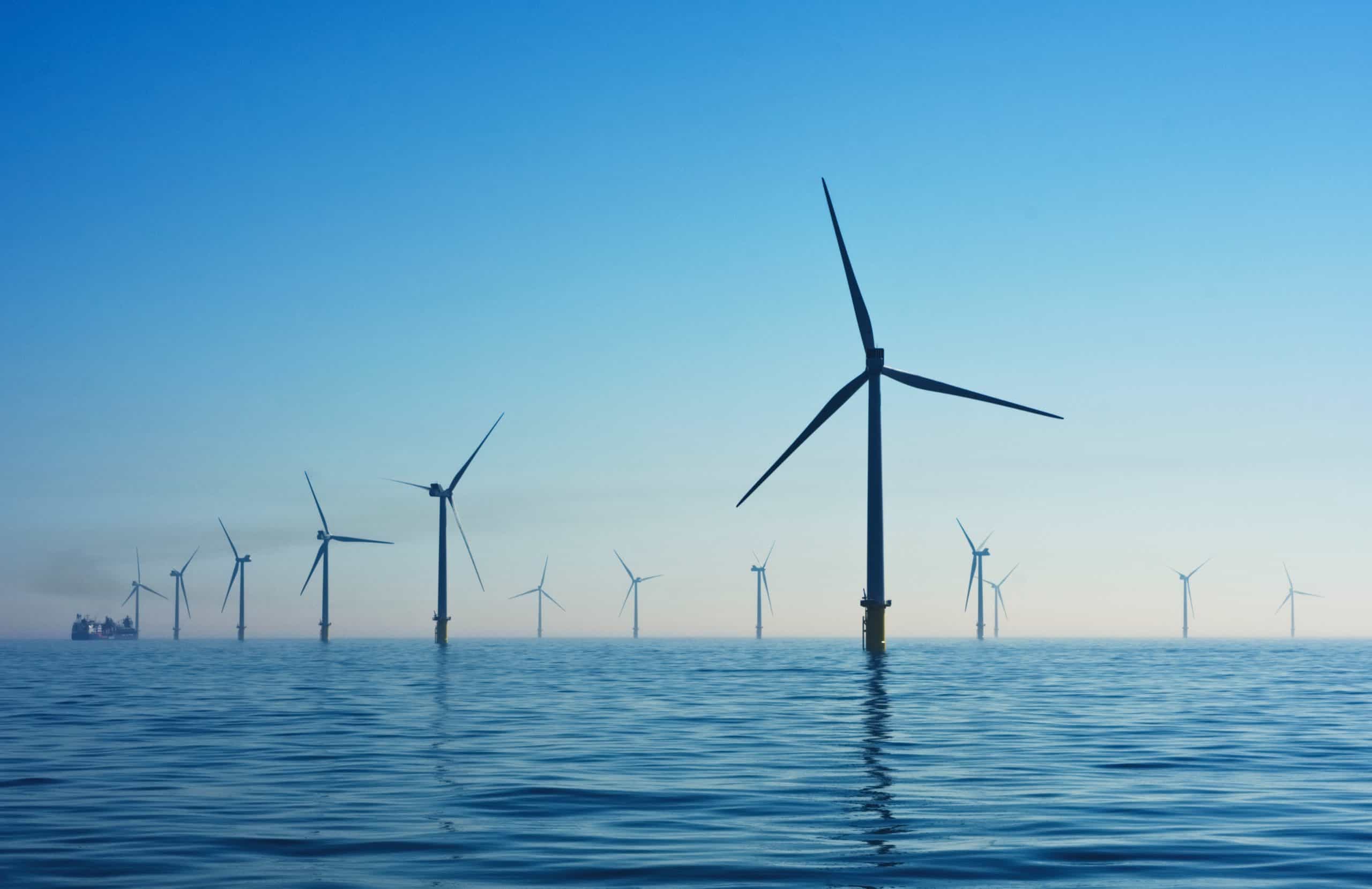
Green tech, the race against climate change
If there is one topic (besides the ongoing pandemic) that everyone is talking about, it’s climate change. After 2020 having been a year of catastrophic fires, record breaking heatwaves, and the strongest cyclones ever recorded, people are beginning to wake up and fight for a more sustainable future. And this movement is being backed by government bodies.
The UK, for example, which will be hosting the United Nations Climate Change Conference (COP26) in November this year, is claiming to be steering this movement. It has pledged to cut emissions faster than any major economy to end the use of coal by 2025, urging other economies to do the same. For the US, newly elected president Joe Biden’s first order of business was to sign an executive order to re-join the 2015 Paris Agreement, the ambitious programme that aims to limit global warming by 2 degrees. This was followed by Biden’s announcement of a 15-strong ‘green army’ of White House climate change advisors, and the appointment of climate experts to roles that have never before required environmental expertise. And the UK and US are not the only ones in this race. China has also become a renewable superpower through the use of wind and solar power.
If there is one common factor that each country is utilising to support its green initiatives, it’s sustainable and green technologies. These include energy efficient sources (such as solar panel tech), alternative-power vehicles, waste reduction, and carbon capture. It’s through the application of these technologies that the world will try to reduce and, ultimately, reverse climate change. But for this to really work, innovation, investment and entrepreneurship will need to be matched by supportive government policy. Which country, if any, is leading the charge towards sustainability? Are the bold claims made by the UK government true? With Biden now in office, is the US now our leading force? Or is the race being led by a different region entirely?
Firstly, let’s take a closer look at the UK. Our government has pledged to cut emissions by 2035 and is working on a number of initiatives to make this happen. At the beginning of February, Anne-Marie Trevelyan, the government’s Energy Minister, announced the release of £11 million of funding to be made available to the Energy Entrepreneurs Fund (EEF). The aim here is to drive forward new and clean technologies across all sectors of the UK. A further £84 million has been pledged to support aviation technologies in a bid to create a “green aviation revolution”, specifically focused on the electrification of aviation.
Greener energy isn’t the UK’s only play. The Internet of Things (IoT) is also making its mark in this race. SES Water, a UK based water utilities firm, is using IoT technologies through underground sensors. These monitor pressure, flow, temperature and acoustic signals, to pinpoint the exact location of leaks in its network. This is after finding that across the UK, 23% of water that runs through underground pipes is lost to leakage. The sensors allow SES engineers to locate the exact coordinates of a leak and fix it before any real damage takes place.
UK tech companies aren’t the only ones in the fight for top place when it comes to energy saving. In fact, on the Corporate Knights 2021 Global 100 list, the UK doesn’t even come close. In France, Schneider Electric was named the most sustainable corporate company on the planet. The French tech company offers the technology and energy solutions needed by the likes of Walmart, the Marriott hotel group and steel business ArcelorMittal to help meet their business climate targets. Schneider Electric has topped most UK firms. The UK currently has five companies in the league table, France on the other hand has nine, followed by Germany which has seven. This suggests that the UK’s bold claims are not all as they seem.
As we head across the pond the US, it can’t be ignored that Biden is making serious headway towards tackling climate change. With transportation being one of the largest sources of greenhouse emissions in the US, Biden has signed an executive order to replace 650,000 of the USvernment’s fleet with electric models. The order also promises to install around 500,000 new electric vehicle charging stations across the country to encourage a national shift to electric cars. China, however, is in the driving seat on this one, specifically through public transport, after deploying over 300,000 electric buses across its cities. It continues to be a strong leading force towards sustainability.
And China is not only striving forward with electric vehicles. It’s also signalled its support for transitioning to clean energy. Chinese company China Molybdenum, for instance, has bought the Tenke Fungurume copper and cobalt mine in the Democratic Republic of Congo, as the demand for copper and cobalt is now soaring as a result of demand in the clean energy sector.. China now produces more than 70% of all solar panels, half of the world’s electric vehicles and a third of the world’s wind power. There is absolutely no denying that China is a seriously significant player in the fight to address climate change.
Finally, I think it’s important to mention the US’ big tech firms, such as Amazon, Google and Facebook. Who are taking note of rapid changes and making efforts to become more environmentally friendly within their business strategies. One way in which this can be achieved is by shifting to the cloud. According to Amazon’s AWS, by making this change, companies would be using a 28% less carbon intense power mix, not to mention reducing their climate control costs.
Ultimately, we have seen that we have some strong contenders for the leader in addressing the issue of climate change. What we have also seen though, and possibly more interestingly, is that the responsibility for tackling climate change should not fall on the shoulders of any one country or government. For the world to truly succeed in this fight, a culmination of innovation and development of these technologies, combined with the backing of governments, is ultimately how we will see change truly happen.
Here at Babel, we have recently started working with GenCell, a pioneer in the hydrogen energy industry, which is developing fuel cell solutions that deliver clean, reliable and cost-efficient power from hydrogen. Another client, Circular Computing, is helping to extend the life of enterprise laptops and support large businesses in their efforts to become more socially responsible. We believe that PR has a vital role to play in helping raise awareness of such initiatives, and we are looking forward to working with more clients whose goal is to help other businesses become greener. If you are a company looking to make a difference, please get in touch with us, we’d love to hear from you!





